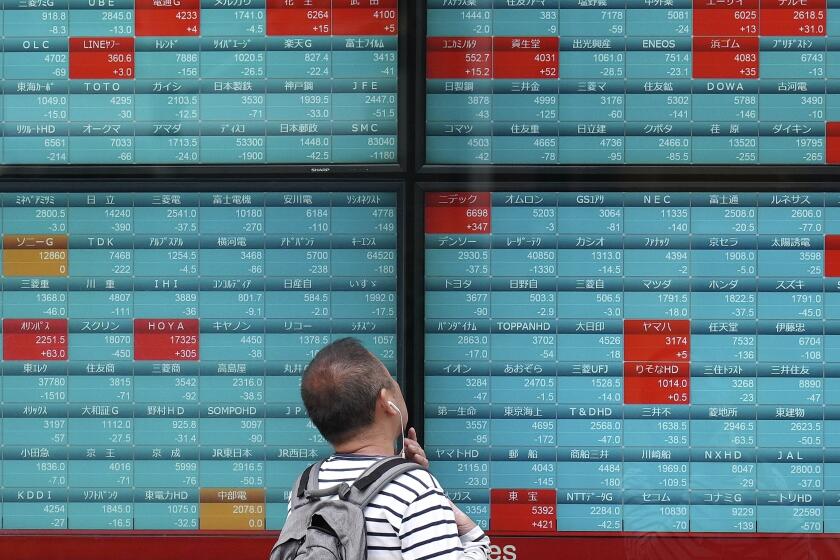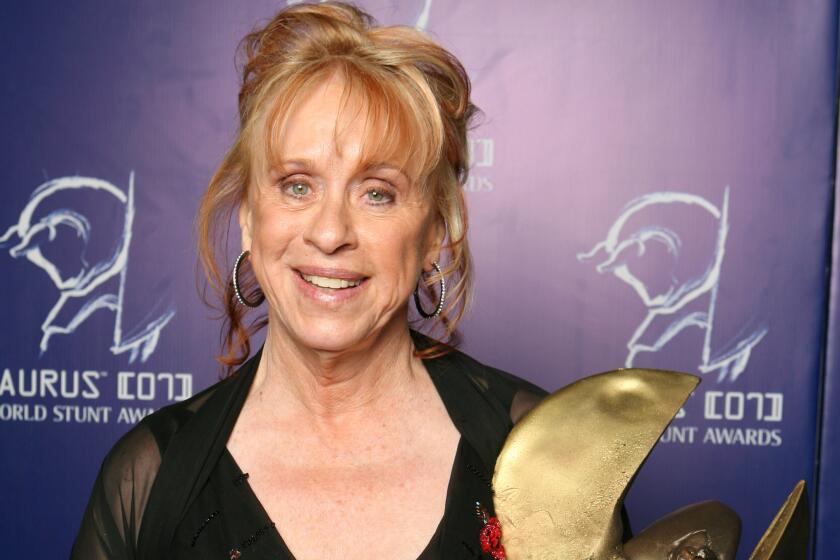True concessions
AS the housing market has slowed, many new-home buyers have been dancing around the dotted line before signing on it, seeking concessions from builders who just a few years ago were selling properties before foundations were even laid.
Builders -- in the same boat as resale homeowners -- are doing everything they can to move unsold homes and to hold on to nervous buyers who may be thinking of backing out of a signed contract. Going beyond upgrades or attractive financing, some are offering price guarantees so buyers don’t end up paying more than future neighbors. Others are reaching out to real estate agents who bring buyers in, rather than restricting sales to in-house staff.
Although most new-home buyers usually don’t think of asking for price guarantees in contracts, builders acknowledge that in locales where new homes are not selling as quickly as desired, the door is wide open for bargaining.
Gone are the days when builders would refuse to look twice at buyers who wanted to negotiate on contracts.
“Two years ago, I wouldn’t take a contingency on anything,” said Kent Phillips, president of Storm Western Development, a builder based in Torrance. “We’d set up a portable trailer on the corner of the development, and two weeks later, we’d be sold out. Nowadays, that doesn’t happen. Buyers are shopping around and are concerned about whether they’re buying at the bottom of a market.”
To address that concern, Storm Western Development offers a pricing guarantee.
“If you’re the first one in, and you pay $175 per square feet, and later, if I sell ... at $162 per square feet, I’ll go back and write you a check for the difference,” Phillips said. “It’s easy for us to do because we have small, in-fill developments and don’t have hundreds of homes to track.”
Making adjustments
Patrick Higgins, senior vice president of sales and marketing for John Laing Homes, based in Newport Beach, said his company also is sensitive to fluctuations in the marketplace.
“While someone’s in escrow, if there’s an adjustment in the market, we’ll look at the price and make adjustments accordingly,” said Higgins, whose company builds homes in California and the West. “That can include offering upgrades or special financing.”
Those who are concerned about buying into a development in an early phase, wondering if the price of their home will go down before they even move in, should not worry, said Paul Roman, vice president of operations for the Empire Cos., which builds homes in California and Arizona.
“In the early phase of a project,” Roman said, “you’ll probably get a better price than the latter phases because builders will sell at reduced introductory prices to see what the demand and price point is, then incrementally increase the price.”
At the same time, he said, builders are eager to sell existing houses first, so buyers may be able to purchase at a lower price now but won’t be able to get most customized upgrades because the houses will already be finished.
Market demands also vary from location to location and play a role in whether there’s any negotiation on the price.
“For us, there’s no negotiating in Tehachapi, but in San Diego, with some of our higher-priced homes, it’s a little hazier,” Roman said. Builders typically compromise by offering competitive loans or upgrades rather than discount pricing.
While new-home sales nationwide are forecast to drop to 860,000 this year from 1.05 million last year, according to a new report by the National Assn. of Realtors, the median new-home price is expected to fall 2.3% to $240,800. Whether that prediction translates into buyer savings at any given development remains to be seen. But some potential buyers are adopting a wait-and-see approach.
Edward and Jean Sais, owners of a three-bedroom home in Los Angeles, were browsing through model homes in Whitesails at Mandalay Bay in Oxnard recently in search of a place they could downsize to as retirement approaches.
“We’ve been looking on and off for a year now,” Jean Sais said. She and her husband have been watching the market closely.
“Prices have been coming down a little,” Edward Sais said, “and there are added incentives,” such as a choice in customized floor plans or flooring upgrades.
Edward Sais, who owns a sales display manufacturing business, added, “I don’t see the rush.” If anything, he said, the couple might “wait a little longer to see if they’ll give more incentives and lower the price more.”
Whitesails at Mandalay Bay has 88 condominiums, with prices starting at $600,000 for two-bedroom units and $700,000 for those with waterfront views.
Not only are incentives being given to buyers, most builders are also reaching out to real estate agents, offering bonuses to those who bring in buyers, a practice unheard of two years ago when new-home sales were handled exclusively by in-house sales staff.
“With standing inventory, you’ve got holding costs every day you’re not in escrow,” said Doug Moe, a broker associate with Century 21 in Ventura, who has worked with builders the last couple of years. “I think most buyers, when they go to a new place, don’t think of making a lower offer, and salespeople are trained not to mention that, but it depends on the directive from the builder. They might say if you find someone who’s not a tire kicker, try to get them to take it.”
Unlike the largely standardized resale contracts used by real estate agents, those for new subdivisions are generally designed by the developer and may vary from one to the next.
“Usually, people want a binding commitment, but even if you have a binding commitment, there’s nothing to be lost by asking to renegotiate,” said June Barlow, vice president and general counsel for the California Assn. of Realtors. Still, dealing with what is most likely the biggest purchase of one’s life is no time to be lulled into a sense of complacency. “It is binding, though, unless it gives you an option to leave.”
Degrees in the ease of exit
Just as buyers of resale homes put down a good-faith deposit as an intent to purchase, buyers of new homes are also asked to put down a deposit (or earnest money) before the contract is signed. The amount is generally 3% of the purchase price.
“Once a buyer selects [one of our new] homes, we take it off the market with a deposit and give them paperwork to take home and review,” said Higgins of John Laing Homes. “Some people will review it over lunch, and others may take three to five days to review the documentation. They are under no obligation to buy until they go under contract.”
If the buyer chooses to break the deal after the contract is signed, the deposit is then forfeited.
The down payment, usually paid within days of closing, must be deposited before a loan will go through.
Should a buyer back out at that point, “builders generally don’t keep more than the good-faith deposits because it is rare for a buyer to cancel after funding their down payment,” said Roman, of the Empire Companies.
For those who truly want out, the ease of exit is determined by each developer.
“No one’s forced to buy a house they’re unhappy with, and we haven’t had any outpouring of people saying, ‘I’d like to change my deal,’ ” Roman said. But, he added, “everything is open to negotiation until closing.
“Things besides a market softening can happen, like divorce or death in the family. Technically, we can keep the deposit if the buyer chooses not to take the property, but we generally would return the deposit because we want to create a great referral base.”
So how much leeway is there for bargaining with a new-home builder? As with a resale home, it varies with the seller. But, Roman said, “after paying selling expenses and general administration expenses, most builders are looking for no less than 8% pretax net profit.”
For buyers, that spells wiggle room.






